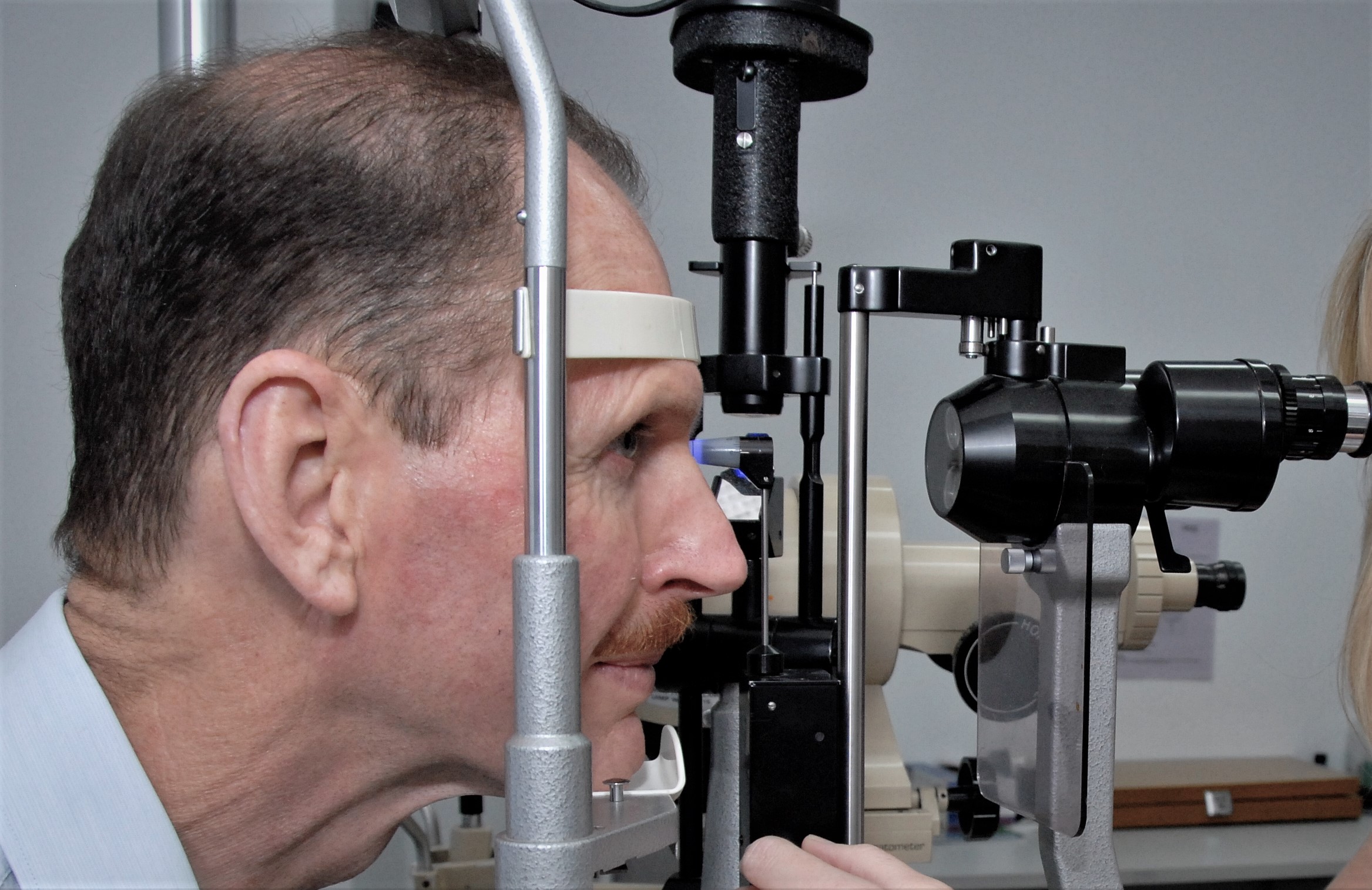Research
Follow-up trial to determine role of vitamin B3 in glaucoma treatment
Promising results from CERA’s clinical trial investigating the role of vitamin B3 in preventing nerve cell damage from glaucoma has sparked plans for a follow-up study.
The potential of vitamin B3 (nicotinamide) to slow the progression of glaucoma will be tested in a large international clinical trial following promising results in an earlier trial led by CERA.
Dr Flora Hui and Professor Keith Martin will lead the TAMING (Targeting Metabolic Insufficiency in Glaucoma) trial which will involve more than 150 patients in Melbourne, along with patients from interstate and overseas.
It will investigate the effect of vitamin B3 on visual function in patients who are over 60 and have moderate to severe primary open angle glaucoma.
Plans for the new trial follow promising results from CERA’s world-first clinical trial, led by Dr Hui and former CERA Managing Director Professor Jonathan Crowston, published in Clinical and Experimental Ophthalmology last year. The study showed ‘significant improvement’ in the visual function of glaucoma patients who received a high daily dose of 3 grams of vitamin B3 over
12 weeks in addition to their regular treatment to reduce eye pressure.
Dr Hui says a large, international trial will determine if the improvement shown in the earlier study can be sustained over the longer term.
“By conducting a longer-term study, we will be able to determine whether vitamin B3 should be taken on an ongoing basis by glaucoma patients.”

Dr Flora Hui will lead a new larger study into the effectiveness of vitamin B3 in treating glaucoma.
Trial results
The study published in Clinical and Experimental Ophthalmology followed 57 patients, all of whom received both placebo and vitamin B3 at different times over the course of the study.
The visual function of patients was tested using electroretinography, a diagnostic test which measures electrical activity in the cells of the retina, and visual field testing to determine any changes that occurred.
It found that in some people, high-dose nicotinamide significantly improved how nerve cells were functioning in the eye.
Vision loss occurs in glaucoma when the retinal ganglion cells of the optic nerve, which help transfer signals from the eye to the brain, are damaged.
Traditional treatments involve lowering eye pressure to prevent further damage, but some patients continue to lose their sight – raising hopes that vitamin B3 could provide a new therapy for this group.
“As a safe therapy that is well tolerated by patients, vitamin B3 has potential as a clinical supplement to support patients who are receiving glaucoma treatment,’’ says Dr Hui.
“The findings provide hope for a treatment that could protect nerve cells and help those that have already been damaged to function better.’’

The vitamin B3 research findings provide hope for a treatment that could protect nerve cells in people with glaucoma.
Research supporters
Plans for the follow-up trial have been supported by Glaucoma Australia, which in 2020 awarded its annual Quinlivan Research Grant to Dr Hui.
CERA Managing Director Professor Keith Martin welcomed Glaucoma Australia’s support of the research and says it will be critical in kick-starting the next stage of research.
“We are excited that Dr Hui and the team will be able to continue this exciting research, which offers the potential to transform patient treatment and potentially even reverse some of the damage to the retinal ganglion cells caused by glaucoma,’’ he says.
“We know that our early findings have been of great interest to eye care professionals, patients and many of CERA’s supporters and we are grateful for Glaucoma Australia’s support.’’
Earlier stages of the research were supported by the Jean Miller Foundation, Connie and Craig Kimberley Foundation, the Ophthalmic Research Institute of Australia, Jack Brockhoff Foundation, Marian and EH Flack Trust, Fund and Board of Research Faculty (Karolinska Institutet).
Q&As
Should I take vitamin B3?
Since the release of last year’s study, Dr Hui has been approached by many patients who have asked if they should take vitamin B3.
“At this stage we still need to do more research before we can recommend that glaucoma patients take vitamin B3 on an ongoing basis,’’ she says.
“Anyone with glaucoma should talk to their GP or eye doctor before taking vitamin B3 – or any other supplement – to make sure it will not cause any problems with other medications they are taking or any other medical conditions they have.
“They should also stick to the treatment plan for glaucoma prescribed by their ophthalmologist.’’
Can I take part in the next trial?
Recruitment has not started for the next stage of the vitamin B3 research. However, if you want to be considered for future studies about glaucoma or any other research at CERA you can register your details at cera.org.au/register-your-interest-in-trials
Your doctor can also refer you at cera.org.au/refer-a-patient
